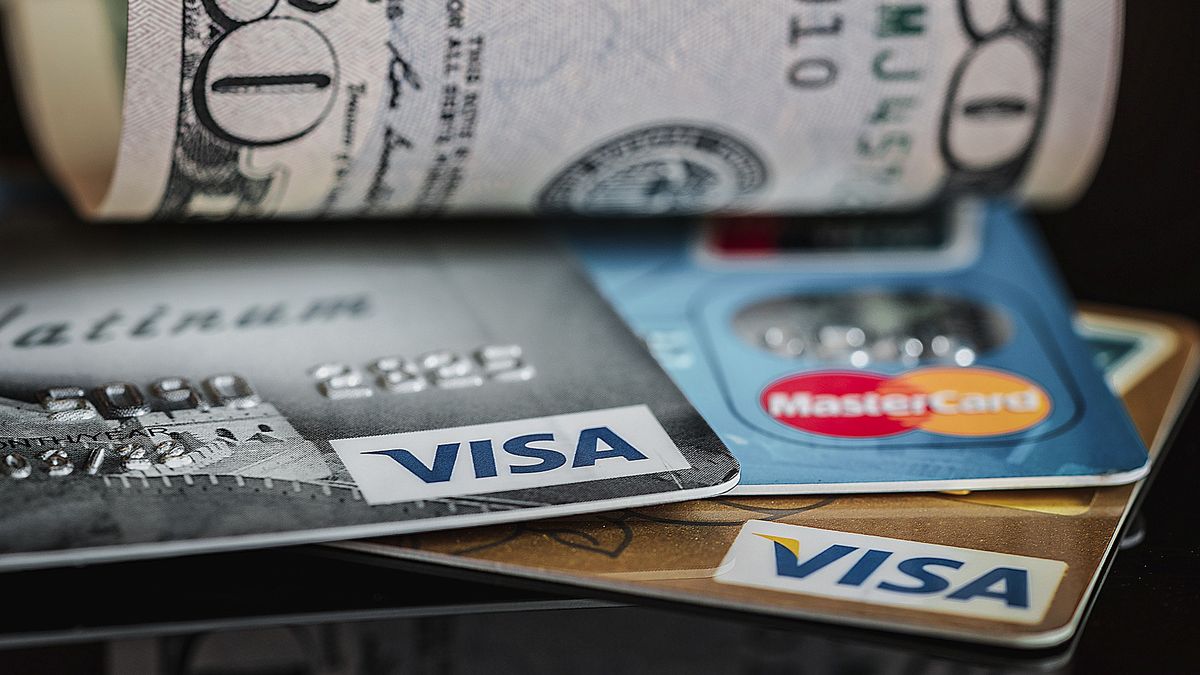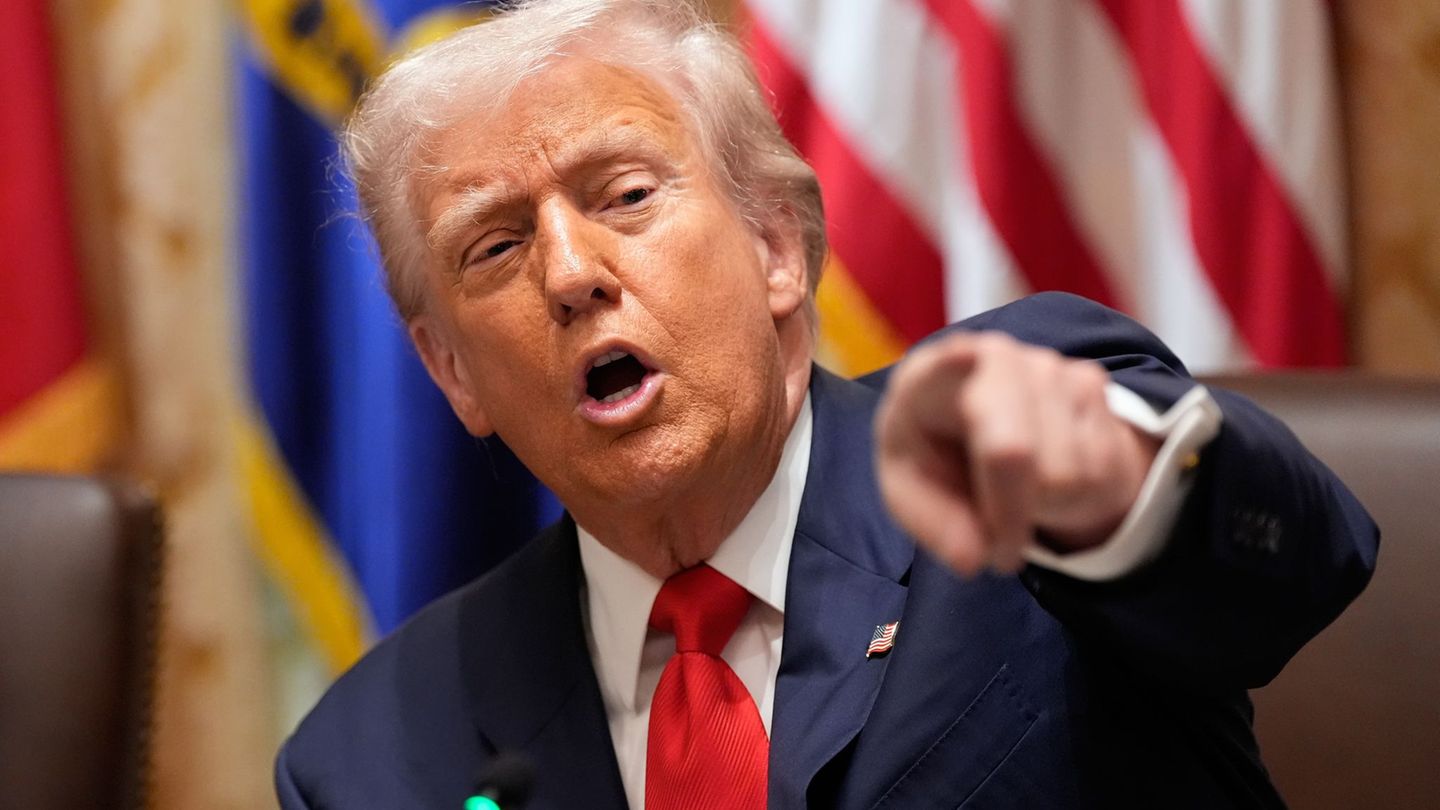The Central Bank (BCRA) continue to regulate the exchange rate and covering any loophole through which dollars may continue to escape through the official exchange market (MULC), for which reason, after its usual board meeting this Thursday, it issued a rule that modifies several points of the regulations that They moderate access to the exchange market, mostly, with a focus on the conditions for companies that operate in foreign trade, but also adjusted some points that affect individuals.
And it is that the Communication “A” 7766 establishes, in the last section of the six that make up the standard, that the acquisition of gift cards or equivalents from stores or premises located abroad With credit, purchase, debit or prepaid cards issued in the country will require, as of this Friday, May 12, prior approval from the BCRA.
as far as he could tell Ambitthese cards were used by many users to have a dollar amount for consumption frozen at a cheaper price than it would be in a few days prior to a trip abroad. It was a way of advancing consumption by guaranteeing a cheaper exchange rate for a future purchase.
How do these shopping cards work?
It is worth mentioning that the amounts charged in those purchase instruments that did not exceed US$300, that amount could be paid in pesos at the price of the “dollar card” (the official retail plus the PAIS tax of 30% and a 35% refundable as an advance of Earnings), which is equivalent to an exchange rate of $421.7, without the need for any approval.
When loading early At the time of consumption, the exchange rate applied, which follows the evolution of the official one, was more convenient than it would be in the future. But, from this new norm, to carry out this operation, prior permission from the Central is required and, in this way, access to this possibility becomes more complex.
Although this modality was practiced by some card users, did not imply significant amounts, but, as the economist Federico Glustein explains, “the objective is to curtail access to dollars through all its legal forms, thus avoiding arbitration and curling.”
Many evasive maneuvers: many reactive rules
Thus, this modality is adds to the list of others that require authorization from the BCRAsuch as participation in games of chance and bets of different types, transfers of funds to accounts in virtual wallets, transfers of funds to investment accounts abroad, foreign exchange operations and purchases of crypto assets.
Glustein claims that “There are thousands of maneuvers, such as: courses, gifts, hidden purchases, which could be escapes to obtain a better exchange rate”. For this reason, regulations of this type constantly appear. But he insists that “it is not the main niche for currency outflows.”
However, he does consider that this type of regulation has an impact, for example, on the dynamics of online shopping sites, and believes that “they are elements that can help speed up parallel prices, especially for the blue dollar, since it will be the only free one that consumers will have access to”.
Source: Ambito
I am a 24-year-old writer and journalist who has been working in the news industry for the past two years. I write primarily about market news, so if you’re looking for insights into what’s going on in the stock market or economic indicators, you’ve come to the right place. I also dabble in writing articles on lifestyle trends and pop culture news.




